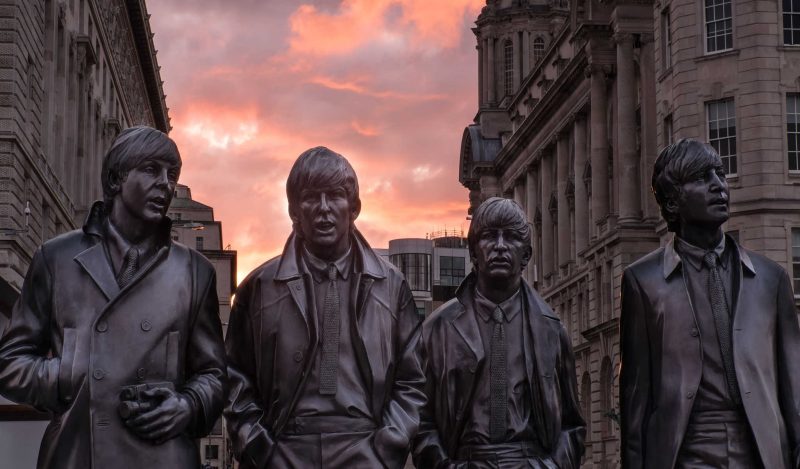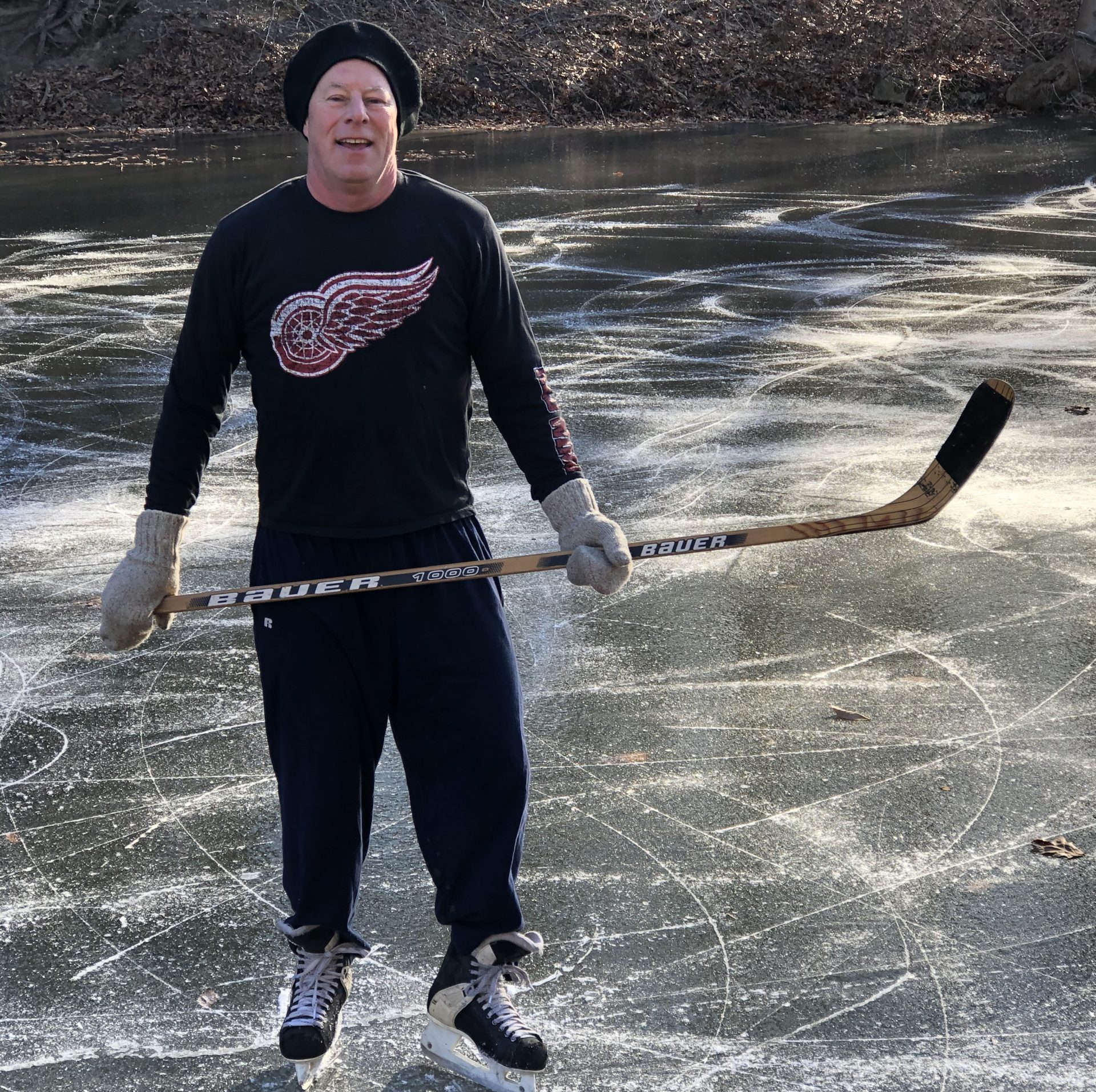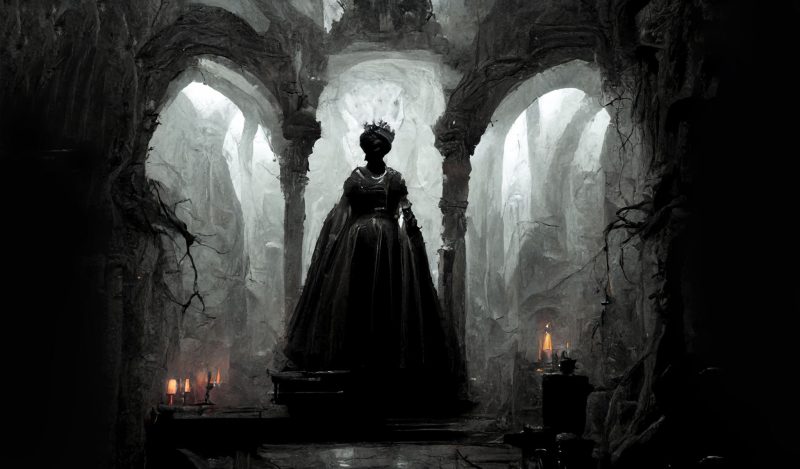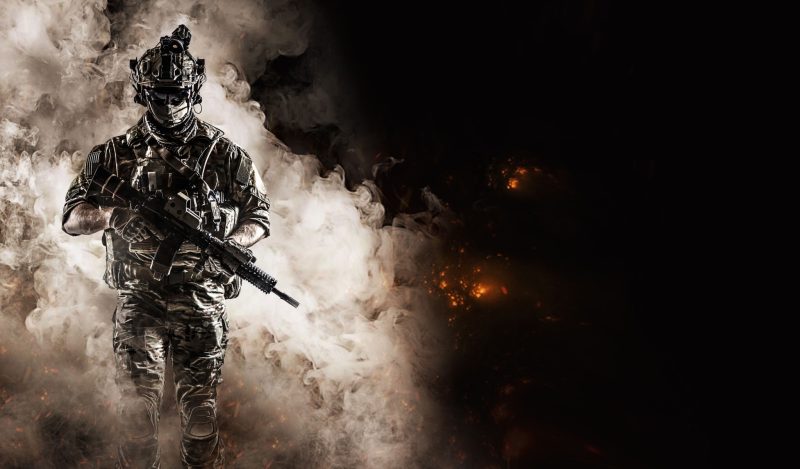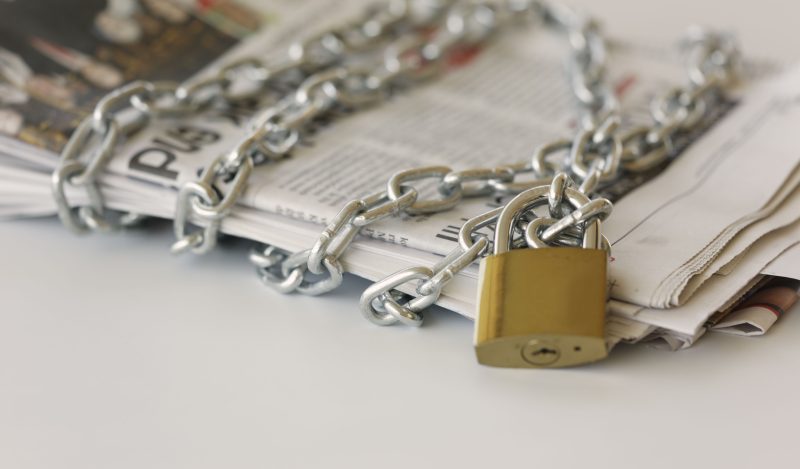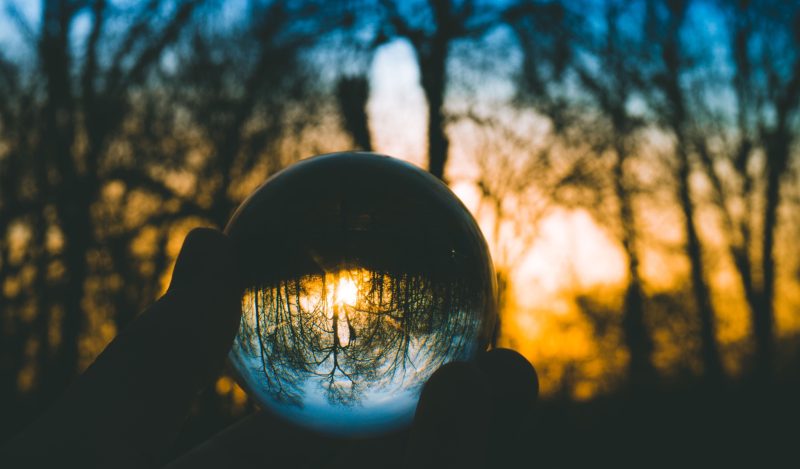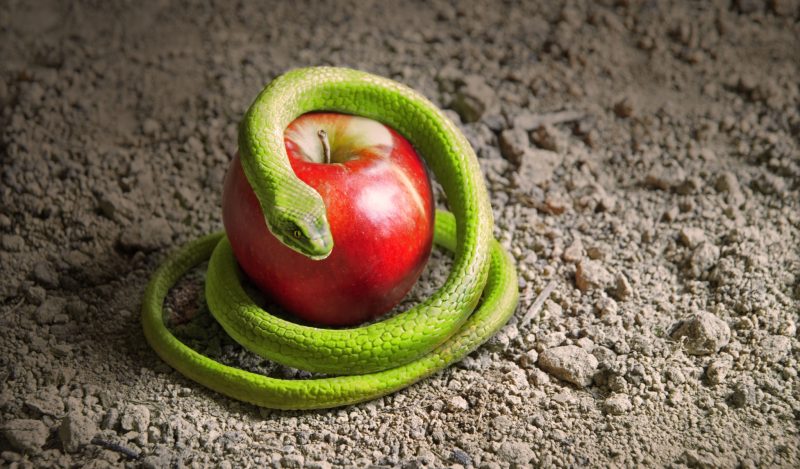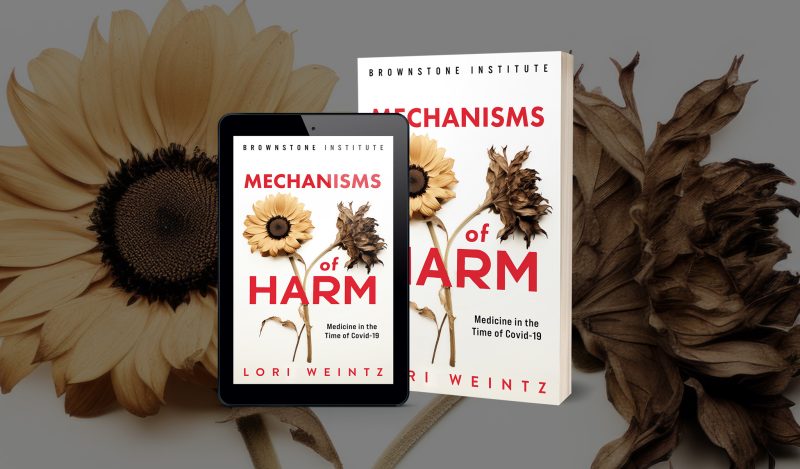When I was six, The Beatles invaded America. During that craze, my mom let me go with my sister and her friends to see a Beatles double-feature Saturday matinee at the local theater: A Hard Day’s Night and Help. I liked a couple of Beatles songs and my schoolmates talked about those “cool” long-haired “rock-and-rollers.” Besides, little kids always want to do what the big kids are doing.
We joined a long line that stretched and curved around the street-corner movie house and were among the last to get tickets. Inside, the dark theater was packed, mostly with girls older than I was. I remember them screaming nearly non-stop for two hours for a band that was probably chilling back in Liverpool. I remember thinking it was kind of silly to scream like that, especially about people who weren’t even there.
Nonetheless, it was awesome to behold because it was so loud and went on for so long. I was excited to be in that setting; I felt like a part of something unusual and hip. Even though I didn’t scream—I wasn’t so moved—I was happy I got to go.
I wondered how many of the girls were so excited by seeing Paul and company on the big screen that they couldn’t contain themselves versus how many were just mimicking behavior they had seen on TV. Or maybe there’s something intrinsically, spiritually satisfying about screaming, and hearing screaming, for hours; maybe it’s like religious chanting, only more yang. Maybe there were a few 1965 influencers who decided to scream, and others joined in. Whatever the reason for the frisson, watching these movies alongside hundreds of other people enabled them to share a rare, exhilarating experience.
Sports events can be the same. Tens of thousands of people roar about whether a group of guys can put a leather sphere into a hoop, carry an orb across a line or smack a small, hard, stitched ball with a wooden club into places where people can’t catch it. One team is seen as good guys. Yay! The other team’s members are all villains. Boo!
It’s kind of irrational. But at the same time, it’s kind of fun to get swept up in the theater. It’s also exciting to play sports in front of crowds; I’ve done some of that. Though to play even when no one’s watching still involves a sense of competition and challenge that requires full concentration. Publicly playing music or delivering a speech are similarly challenging.
In each instance, crowds raise excitement. But they also impair reason. If other people express a sentiment, others are prone to, like emotional chameleons, feel similarly. While adults strongly warn their kids—or at least used to—against following the crowd, both kids and adults are very vulnerable to peer pressure. This is so even when others don’t physically surround them. TV ads routinely exploit this “Look at what other people have, or are doing. Don’t you want to have, or do, that thing?” mindset.
Whether in a group of people or alone in one’s dwelling, one must keep it real. Just because many other people are worked up about something doesn’t mean that thing is intrinsically important. Something a crowd believes may not even be true. It’s likely that many people in a given crowd don’t share the beliefs of those around them. But they go along to get along. Crowds hate buzzkillers.
Why did so many people buy into Coronamania? It’s statistically unlikely that they knew any healthy person who was struck dead by this respiratory virus. Nor did their life experience support fear; they had never before seen a virus so purportedly dangerous that everyone should lock themselves inside their homes, wear masks and test themselves even though they felt fine. Further, many people scrutinize food labels to avoid fat, calories, sodium, traces of meat or anything not Certified Organic and refuse to eat one serving of some food that transgresses their standards. Yet, legions of people who are keenly focused on food characteristics willingly internalized the health risk of experimental injections for an infection that didn’t threaten them simply because some biased stranger or their friends said it was “safe and effective.” Others did so involuntarily because their employers required them to inject.
Removed from the influence of others, none of the lockdowns, masks, testing or shots made any sense. But when a crowd is screaming, people scream along. Not only politically or militarily—but especially emotionally—there’s strength in numbers and security in the bosom of a crowd. A 2004 book entitled The Wisdom of Crowds argued that groups made better decisions than individuals make. This is often untrue. Mobs can be disturbingly, consequentially unwise. Someone—maybe George Carlin— said, “Never underestimate the stupidity of people in large groups.”
Consider Jonestown, Nazism, wokeness, etc. Groups are not good at complexity. If an idea can’t be encapsulated in a slogan, a crowd can’t accommodate it.
Before Coronamania, 7.600 Americans died, often hooked up to tubes, every day. Because Covid Era TVs showed images of people doing so, people suddenly refused to accept the deaths of some old, unhealthy people. They validated each other’s fear. When I tried to talk them out of it, they dismissed my view. The TV and many of their peers were selling panic. They wanted to be part of the group. And how could I be so mean?
I responded that it was mean to take away childhoods and livelihoods from tens of millions of people.
When I saw Beatlemania, I couldn’t have foreseen Coronamania. I start any analysis by thinking that anything is possible. But if you told me three years ago that anything resembling this lockdown/mask/test/vaxx nightmare would happen, I would have thought you were crazy. I would have flat-out told you so. You would have done the same for me. I hope.
And yet here we are.
Witnessing Beatlemania foreshadowed Coronamania. While the manner of expression of group identity and hysteria differed in these two contexts, both reactions were extreme and unreasonable.
Beatlemania actually made more sense. When I walked out of the theater and back into the disorienting 1965 late-day light, life immediately returned to normal. We bought Creamsicles and ate them while walking on sidewalks among other happy, unmasked passersby. Though I guess some of the moviegoers went home hoarse.
Meanwhile, there were rumblings that a war might soon begin in Southeast Asia. My mother expressed concern that my older brother, then 12, might end up fighting there. But most people weren’t worried. If war began, we would flatten the Communists in two weeks. We had superior weapons. And our experts were smart, and in control.
Republished from the author’s Substack
Published under a Creative Commons Attribution 4.0 International License
For reprints, please set the canonical link back to the original Brownstone Institute Article and Author.
